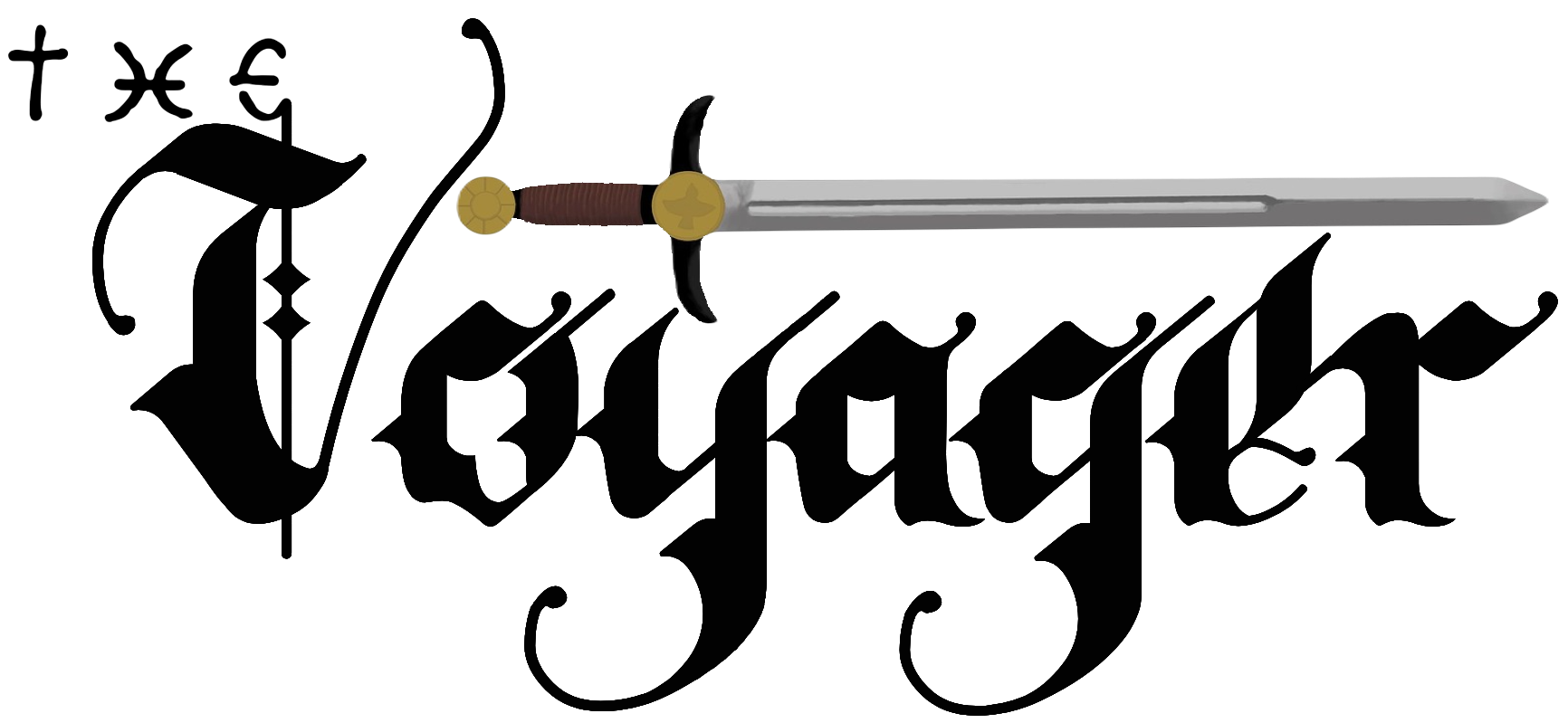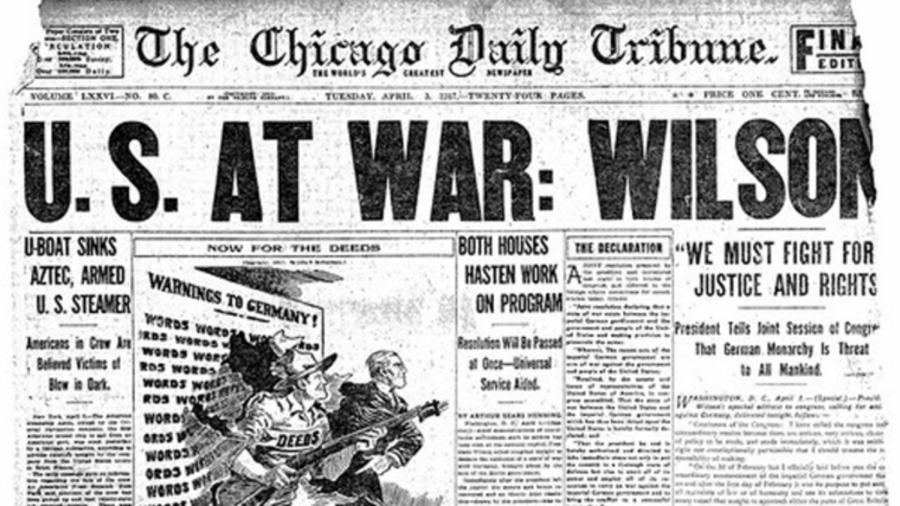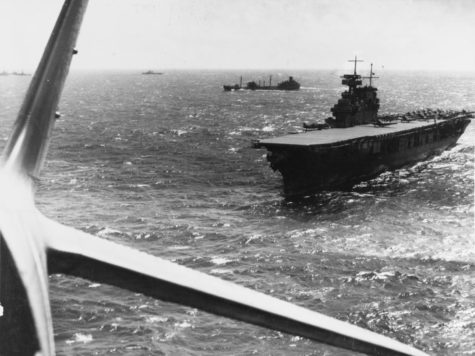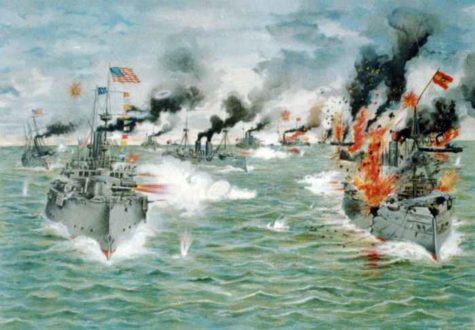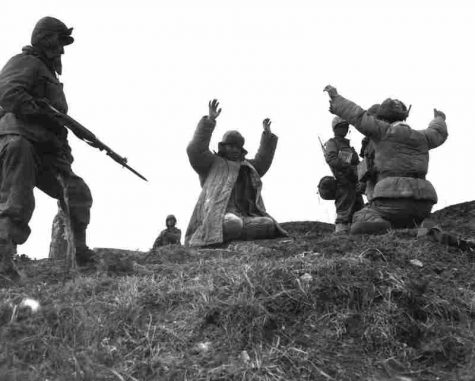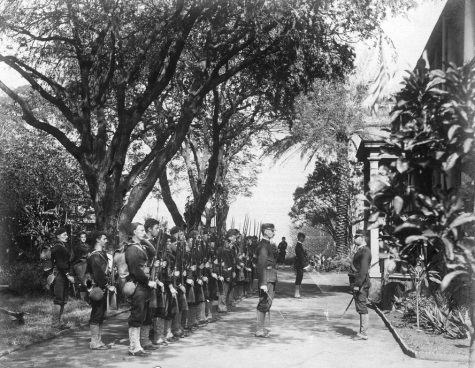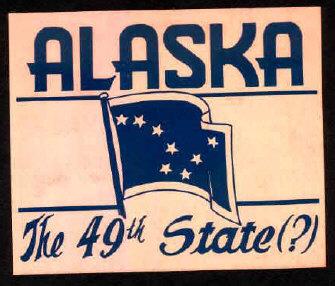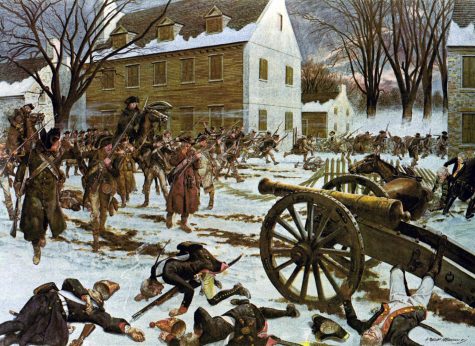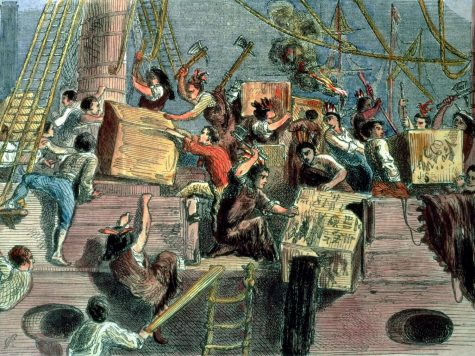The US Declaration of War-December 11, 1941
For two years: the world’s deadliest war was raging. The Nazi war machine was running loose in Europe, overrunning France, the Netherlands, Belgium, Luxembourg, Denmark, Norway, Poland, Greece, and the Soviet Union. In Asia, the Japanese Empire was crushing Chinese and British opposition in China and SouthEast Asia. The only major obstacle to complete Axis victory was the United Kingdom. Little did anyone know that there was another beast preparing for war, waiting for a spark that would cause it to explode into action.
For most of the early 20th century, the United States remained isolationist. The average American citizen viewed European conflicts as something not worth fighting. However, that did not prevent the U.S. from getting involved in foreign disputes. The U.S. supplied both the Free French, the exiled Democratic French government, and the UK with ships, firearms, food, ammunition, and other vital military equipment that would be required to fight a war. President Franklin D. Roosevelt did not support the fascist expansion throughout Europe and viewed it as a major threat to the free world. Roosevelt went on to declare the U.S. as the “arsenal of democracy” and actively supported the Allied powers with equipment for the next two years.
The United States saw the likeness of being involved in a foreign war grow and grow as the war continued. The biggest threat to the U.S., though, was not Germany or Italy, but Japan. The U.S. had many territories in the Pacific, and a rapidly expanding Japanese sphere of influence threatened them. There was one weakness to the Japanese armed forces, though, that no one but the U.S. could do: cut their oil supply. The U.S. passed many bills in regards to trade, with the biggest one being the complete and total embargo of fossil fuels to Japan. This forced Japan’s hand; without oil, the Japanese faced a severe disadvantage in the conflict. It was becoming clearer and clearer that the U.S. would get involved in the war, so the Japanese planned an attack.
On December 7th, the Japanese navy and airforce attacked the U.S. naval base Pearl Harbor in Hawaii. Japan hoped that this would cripple the U.S. Navy and deter U.S. involvement in the war.
The United States declared war against the Empire of Japan shortly after on December 8th with a unanimous vote in favor. In Europe, Germany was not so excited to go to war with the U.S. Germany had failed to force a British capitulation due to the American support. Germany was also in the process of invading the Soviet Union, and a war with another superpower was the last thing they needed. However, the Axis powers had a military alliance and had to support their allies. Germany and Italy declared war on the U.S. In turn, the U.S. declared war on the Axis Powers on the 11th of December, 1941.
The involvement of the U.S. really proved to be the turning point. With the American armed forces being fully involved the Allies began to successfully push the Axis back. In Asia, the U.S. was able to push the Japanese north back to their original borders. Japan would capitulate after the first-ever use of an atomic bomb at Hiroshima and Nagasaki. Italy would surrender after a joint allied effort of French, British, and their colonial forces, and American armed servicemen invaded Italy from the south, and slowly worked their way north into Rome. Germany would fall into a ball of fire. France, British, and American forces pushed their way eastward after the Normandy landings, and the Soviet Union was able to successfully repel the German army and were pushing westward. Germany would finally capitulate on April 20th, 1945, after the capital was surrounded and leveled by the allies.
The United States’ declaration of war caused the Second World War to have a different outcome. It cannot be known how a world war without the U.S. would have turned out, but the contribution that the U.S. made to winning the war could not be disputed. Great sacrifices were made by all nations of the war, with the U.S. losing 420,000 brave men in the conflict. Their sacrifices were not in vain. They gave their lives to uphold the ideals of democracy and freedom for not only citizens of the Allied nations, but freedom for everyone.
Sources:
United States declaration of war upon Germany (1941) – Wikipedia
Axis Alliance in World War II | The Holocaust Encyclopedia (ushmm.org)
America and WW2: When, How And Why Did The US Enter And Why Not Sooner? – HistoryExtra
How Did World War II End? – HISTORY
How Many Americans Died in WW2? – History (historyonthenet.com)
